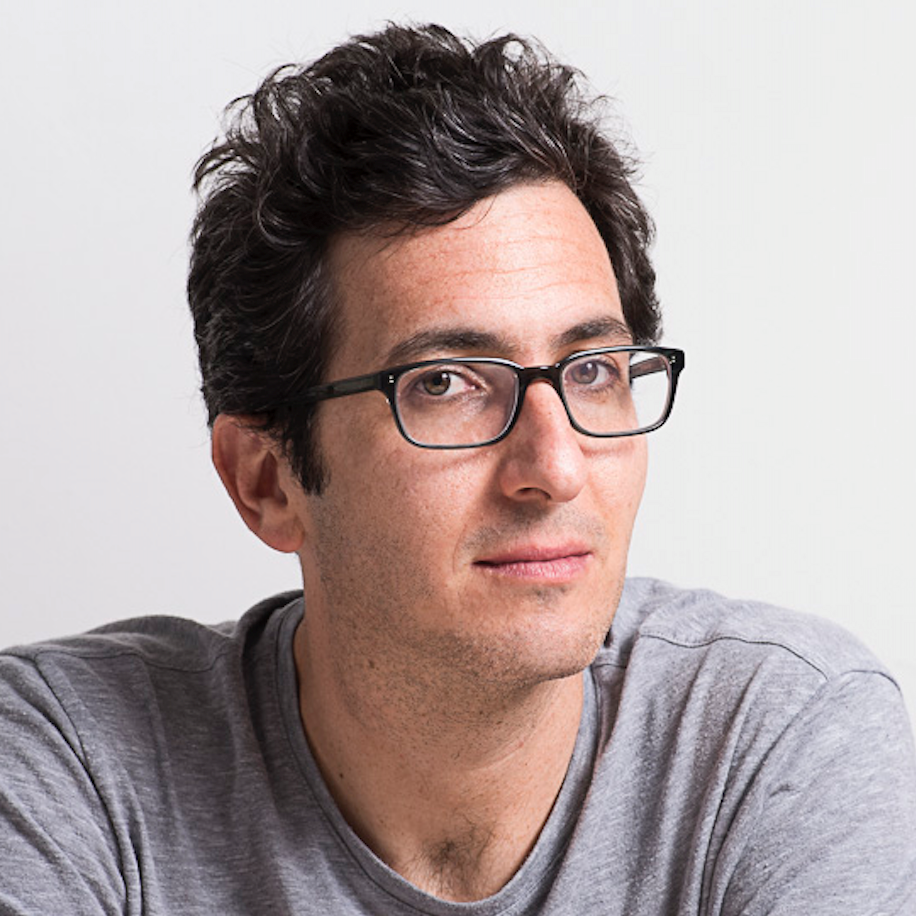Symbolic and distributed representations for question answering
Jonathan Berant / Tel Aviv University / Allen Institute for AI

Talk: , -
Abstract:
Models for question answering (QA) have been dominated recently by fully differentiable neural networks, based on large pre-trained language models. However, when answering a question requires multiple reasoning steps, symbolic approaches offer a natural and often more interpretable alternative. In this talk, I will describe recent work that focuses on the pros and cons of symbolic and distributed approaches for question answering. First, I will describe QDMR, a symbolic meaning representation for questions, inspired by semantic parsing, that can be annotated at scale by non-experts. QDMR was used to annotate BREAK: a benchmark for question understanding that contains 83K questions with their meaning representation from 10 existing datasets across three modalities. Then, I will show how a symbolic representation, such as QDMR, can be used to (a) improve accuracy on open-domain QA benchmarks that require multiple retrieval steps (b) improve the faithfulness of compositional neural networks for answering complex questions. I will then move to two cases where end-to-end differentiable models provide advantages over symbolic approaches. Specifically, one can automatically generate data at scale for both numerical and logical reasoning, and easily endow pre-trained language models with those missing capabilities for answering complex questions.
Bio: Jonathan Berant is a senior lecturer (assistant professor) at the School of Computer Science at Tel Aviv University and a research scientist at The Allen Institute for AI. Jonathan earned a Ph.D. in Computer Science at Tel-Aviv University, under the supervision of Prof. Ido Dagan. Jonathan was a post-doctoral fellow at Stanford University, working with Prof. Christopher Manning and Prof. Percy Liang, and subsequently a post-doctoral fellow at Google Research, Mountain View. Jonathan Received several awards and fellowships including The Rothschild fellowship, The ACL 2011 best student paper award, EMNLP 2014 best paper award, and NAACL 2019 best resource paper award, as well as several honorable mentions. Jonathan is currently an ERC grantee.
Bio: Jonathan Berant is a senior lecturer (assistant professor) at the School of Computer Science at Tel Aviv University and a research scientist at The Allen Institute for AI. Jonathan earned a Ph.D. in Computer Science at Tel-Aviv University, under the supervision of Prof. Ido Dagan. Jonathan was a post-doctoral fellow at Stanford University, working with Prof. Christopher Manning and Prof. Percy Liang, and subsequently a post-doctoral fellow at Google Research, Mountain View. Jonathan Received several awards and fellowships including The Rothschild fellowship, The ACL 2011 best student paper award, EMNLP 2014 best paper award, and NAACL 2019 best resource paper award, as well as several honorable mentions. Jonathan is currently an ERC grantee.